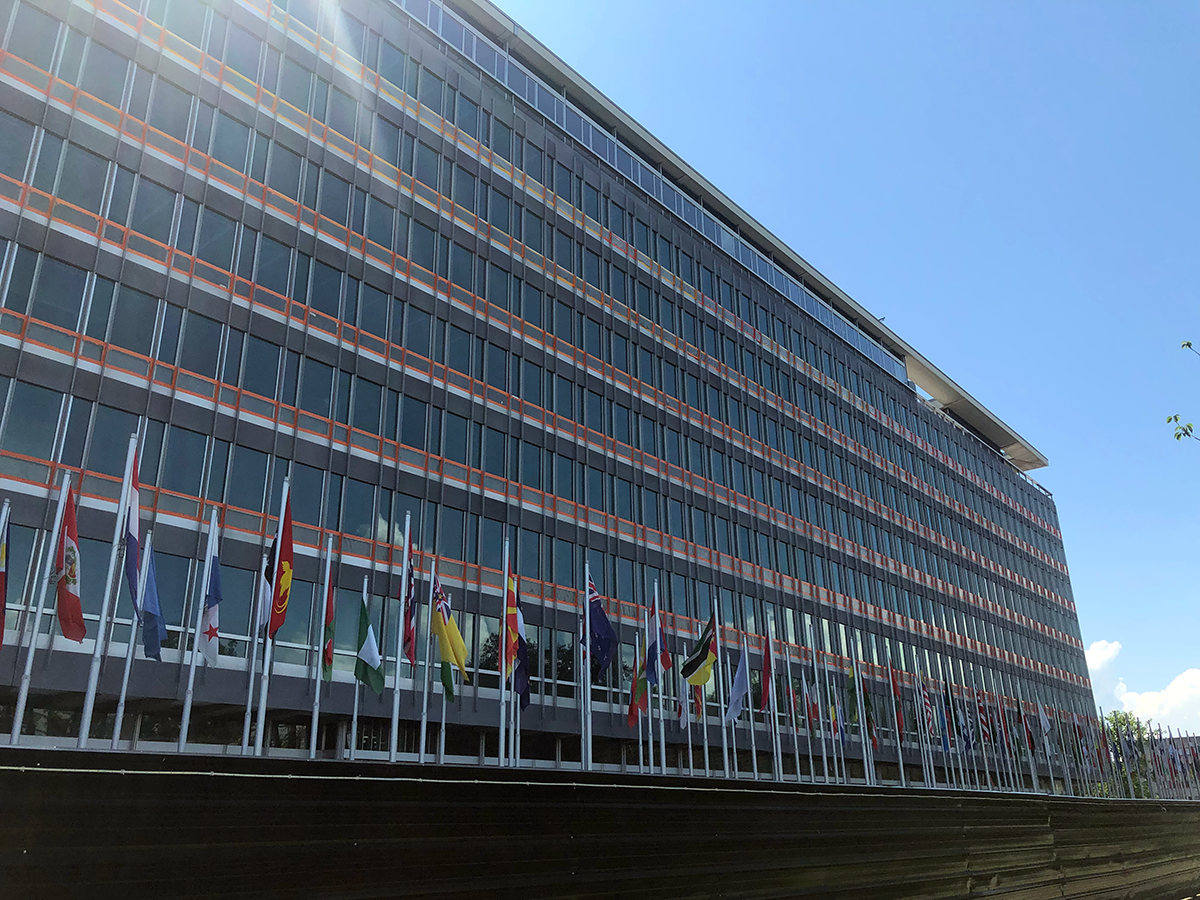Advocacy partners
Creating effective change for people with diabetes
Creating effective change for people with diabetes
By joining forces with top international organisations, specialised agencies, diabetes advocates and other pertinent stakeholders, IDF has created powerful advocacy initiatives to promote diabetes prevention and improve access to care worldwide.
Our work is informed by the impactful projects and activities we undertake, and we are committed to engaging with everyone who shares our mission to make a difference in the lives of people living with diabetes and their carers.

Additionally, IDF holds Codex Observer status on the Codex Alimentarius Commission (CAC), the Joint FAO/WHO Food Standards Programme and is associated with the United Nations Department of Public Information (DPI).






